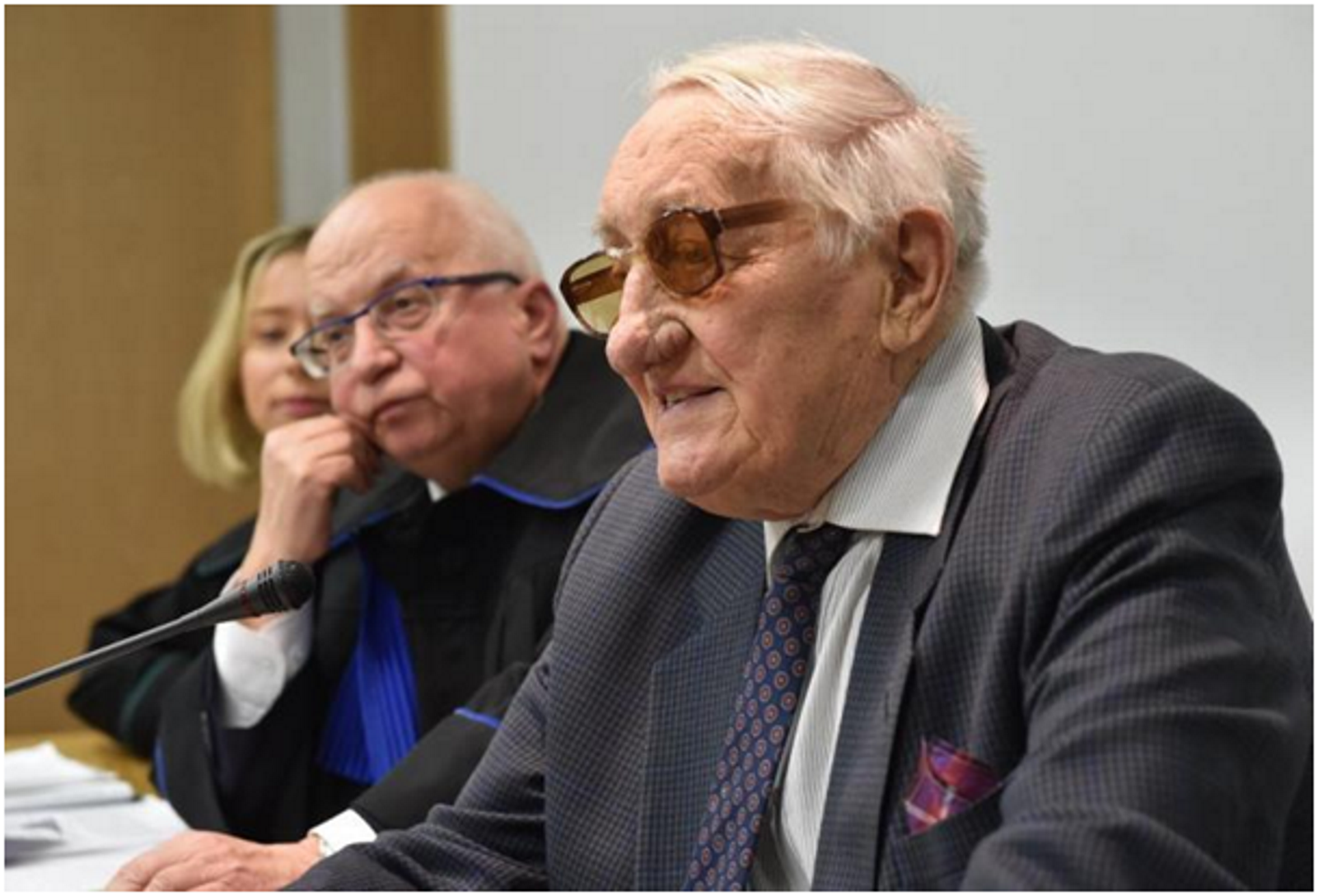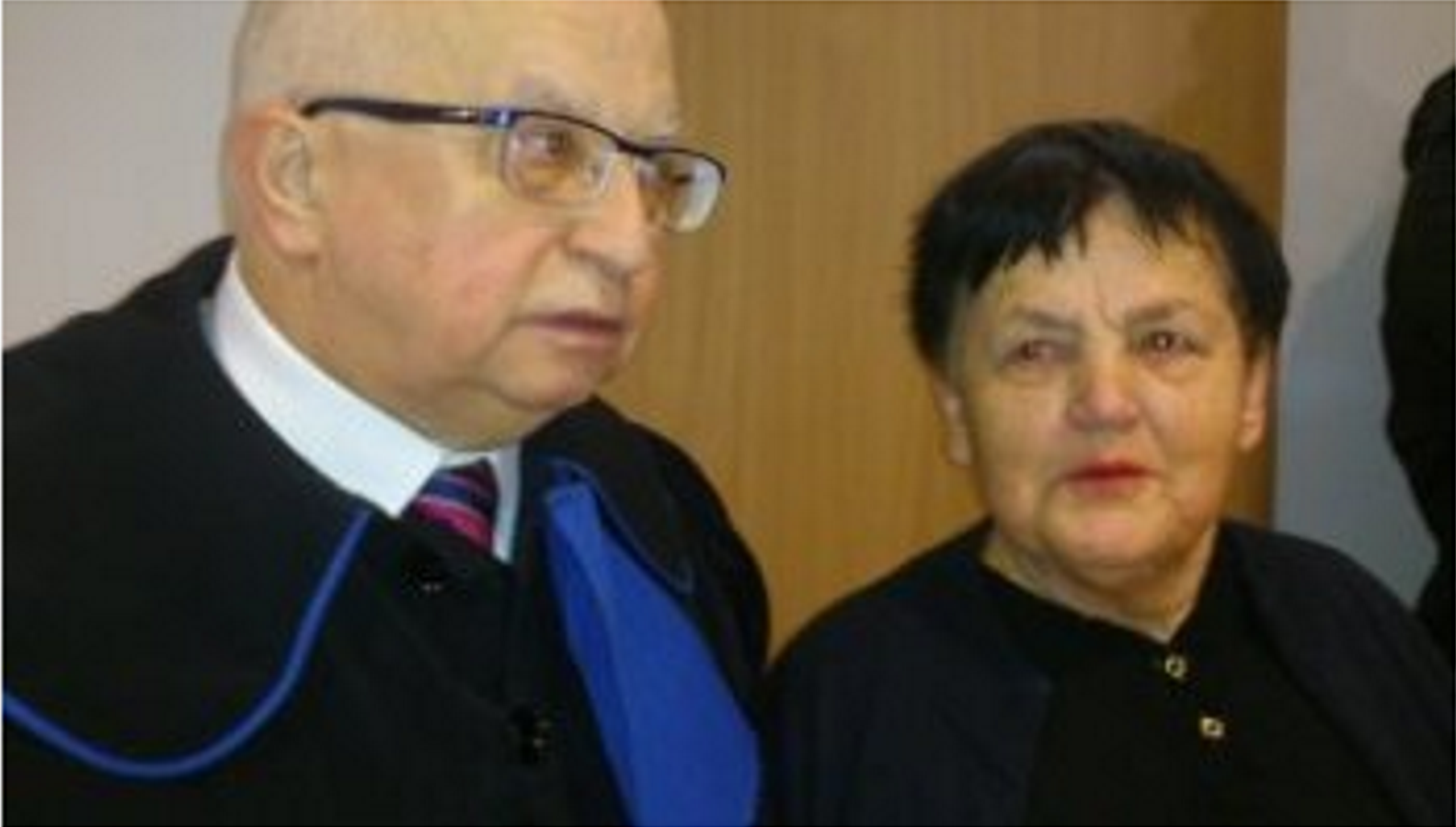The case of Karol Tendera against ZDF
On 1 July 2013, the German television channel ZDF announced the broadcasting of the documentary “Lost Treasures of Film 1945. Liberation of concentration camps”. It contained the following wording, translated into Polish: “The discovery of Polish death camps in Majdanek and Auschwitz in July 1944 and January 1945”.
In February 2015 Karol Tendera brought an action against the second public channel of the German ZDF television for naming the Nazi concentration camps in Auschwitz
and Majdanek “Polish extermination camps”.
On 12 April 2016 the Regional Court in Kraków found that the claimant’s personal rights in the form of his human dignity, national identity and national dignity had been violated, but dismissed the claim by stating that the claimant was effectively apologized to, twice in letters sent in 2013 to his attorney and in a statement published on 11 April that year in a service publishing current ZDF information.
The claimant, represented pro publico bono by legal counsel Lech Obara, appealed against that judgment, holding that the apologies were not satisfactory and contesting that the court did not prohibit ZDF from using such terms in the future.
The Ombudsman also joined the case of Karol Tendera. The Ombudsman’s representative requested that the judgment be changed and that the defendant be ordered to publish an apology on the zdf.de website in Polish and German for a period of one month.
In the judgment, however, the court classified personal dignity, national dignity and the right to national identity as personal rights, which can be regarded as a kind of victory. The ruling indicates that in future it will be the Polish court that will hear such cases on the basis of European law. Another important circumstance was the fact that, according to the court, any prisoner of the camp could feel offended by such statements and demand legal protection.
On December 22, 2016 The Court of Appeal in Kraków changed the judgment of the Regional Court. ZDF was to place an apology on its homepage for 30 days. The apology, however, was at the bottom, in a section with a meaningless title: ‘Apology to Karol Tendera’. The full content of the apology was visible only after clicking on a special link. It was decided to enforce the judgment in Germany, which required an enforcement clause in the German court to the Polish judgment. Piotr Duber, a lawyer from Berlin of Polish nationality, pro publico bono represented Karol Tendera before German courts. The application was granted by the Court of Mainz, which ordered a further apology. This judgment was contested by ZDF’s lawyers and was referred to a higher court.
The official position in the case was taken by the Ombudsman, Dr Adam Bodnar, who joined the trial before the Kraków Court and supported the action of the former German concentration camp prisoner.
In a statement published on 18 August 2017, In a statement published on 18 August 2017, the Ombudsman “is deeply concerned about the arguments raised by the German television channel ZDF regarding the lack of independence of Polish courts”. For this reason, he stated in the strongest terms that he “believes in the independence of the Polish court adjudicating in this case and in the independence of the adjudicating judges”. At the same time, the statement stressed that the Ombudsman is an independent body which upholds citizens’ rights and that his independence is recognised by international standards.
That was a significant support for Karol Tendera in the fight against the German television ZDF during the trial under German law.
On January 11, 2018 the Koblenz Court dismissed the complaint lodged by the German television ZDF. The Court confirmed that the verdict of the Court of Appeal in Kraków concerning the apology to the former Auschwitz prisoner Karol Tendera for violating his “human dignity and national identity” could be carried out in Germany. The Court disagreed with the position of German lawyers that the execution of the Polish judgment would undermine the foundations of the German legal system.
Karol Tendera and his plenipotentiaries hoped that the ZDF station would not take up the fight. It turned out differently. The German television appealed against this ruling as well, bringing an action before the Federal Court of Justice in Karlsruhe, the highest judicial institution in the German legal system. Unfortunately, to their surprise and disbelief, the FTS decided that the television station ZDF did not have to apologize to the 96-year-old Karol Tendera for using the term “Polish extermination camps”.
Patria Nostra treats the ruling of the Federal Court of Justice as a criticism of the Polish judiciary with regard to the protection of the right to express opinions. The German judges decided that the current jurisprudence practice of Polish courts does not conform to German standards.
Although the FTS judgment is legally binding, the association’s lawyers have filed a complaint with the Federal Constitutional Court in Karlsruhe. If this does not help, the complaint will be submitted to the Strasbourg Court of Human Rights to investigate whether the German judges have deprived Charles Tender of his right to a court. This is not the only move that Patria Nostra will make. Lech Obara, the president of the association, announced that they would demand that the Polish Supreme Court refer a question to the Court of Justice for a preliminary ruling on the standards of protection of freedom of expression and on the interpretation of the public policy clause. The Supreme Court accepted the cassation appeal of the ZDF television against the judgment of the Court of Appeals in Kraków.









